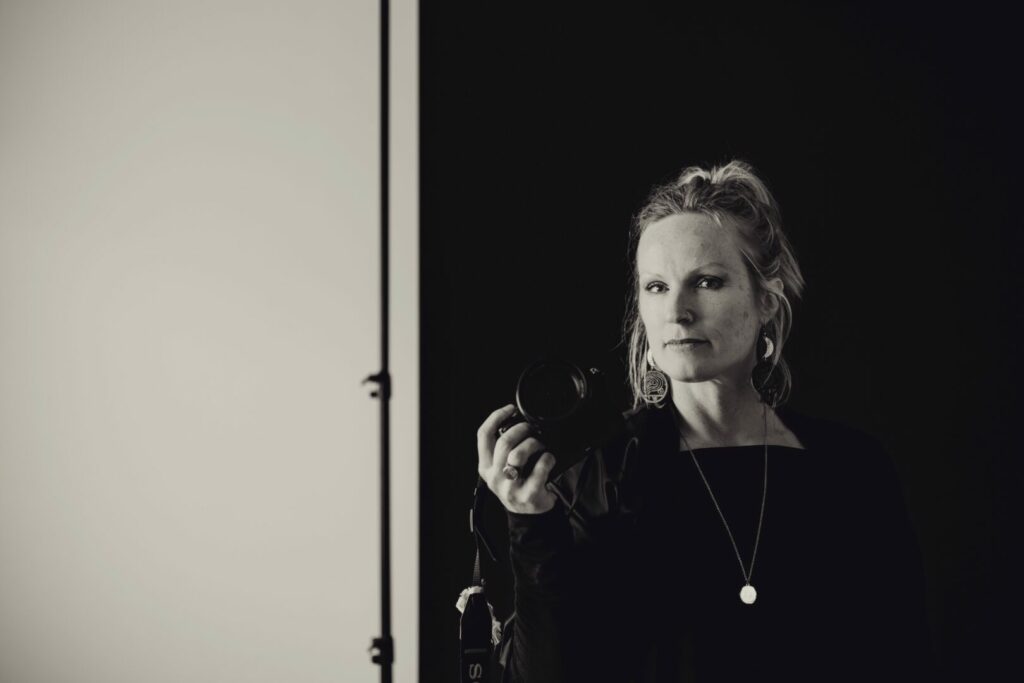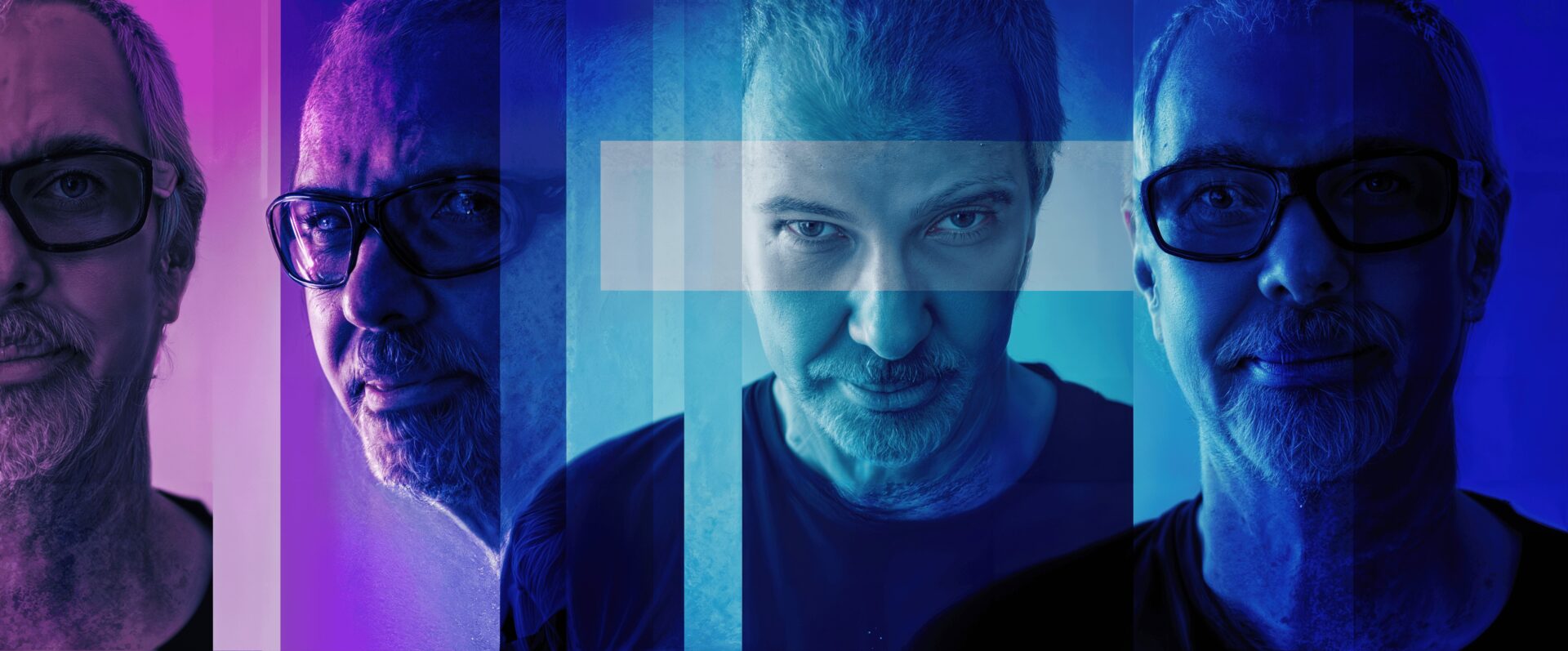We’ve got some of the most incredible artists, creatives and entrepreneurs in our community and we are constantly shocked by how prevalent imposter syndrome is. So many incredibly talented folks are haunted by self-doubt by a society that often tells you not to think too highly of yourself, but in order to have the strength to take on big challenges and make meaningful change in the world you’ve got to believe in yourself and so we wanted to create a space for conversations around overcoming imposter syndrome.
Daemon
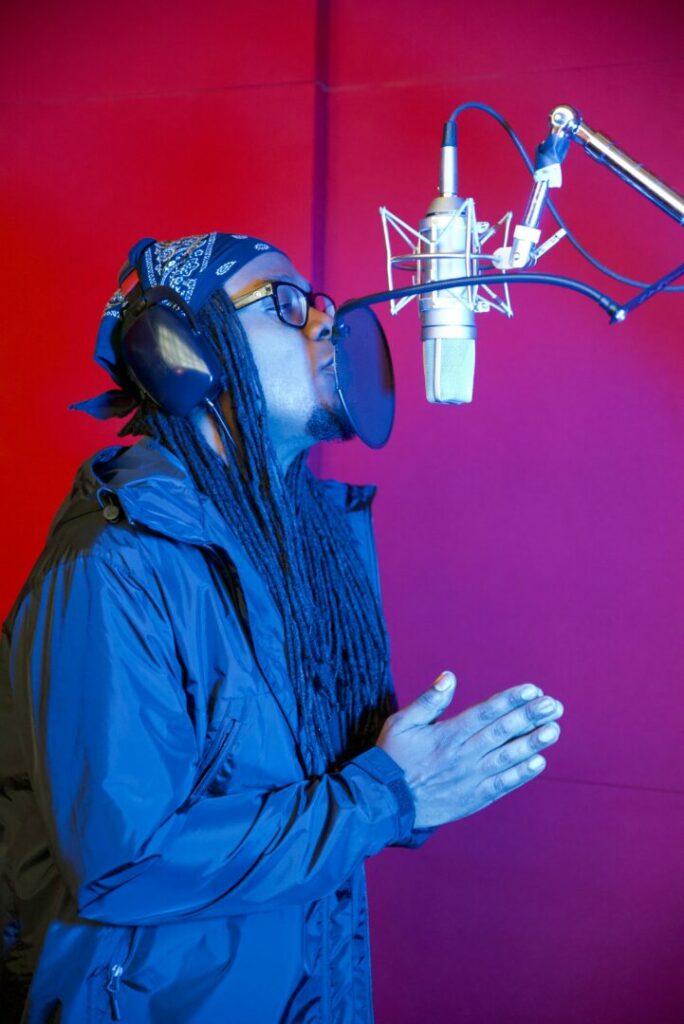
If I must elaborate (and I must, or this entire interview would be five sentences long), I couldn’t get over my imposter syndrome. It was too awe-inspiringly all-consuming, ranging from my music to my romantic relationships to me as a person. So, I stopped trying to get over it. Instead of trying to get over my imposter syndrome I simply decided that I love what I do more. I decided that the process of creativity, from the initial concept to the first lyric to the final bit of promotional social media content, was more important to me than any fear of not being good enough. Read more>>
Jack Mcentee
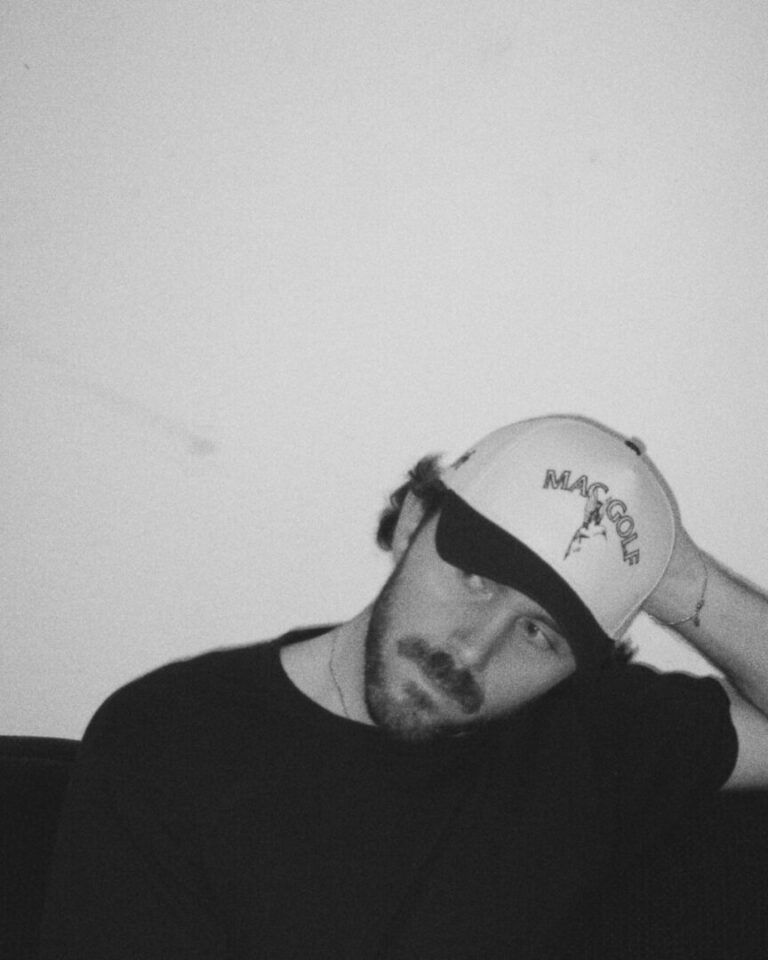
If you care enough about what you do for a living, I don’t think imposter syndrome ever goes away. In fact, I would make the argument imposter syndrome can fuel our careers. By no means do I think that feeling settled or comfortable in a career is a bad thing, but I also think that part of the beautiful thing about choosing a career path is the growth that comes with it. As a graphic designer, I am inspired every day by other designers and artists who are incredibly talented and it pushes me to want to become better at my craft. There are times I do feel like I’m not as talented as others, but I use that feeling as fuel to push myself to become better at what I do. And I’d like to think I wouldn’t be here in this part of my career if I didn’t have that fuel to begin with. Read more>>
Kristy Chouiniere Smith
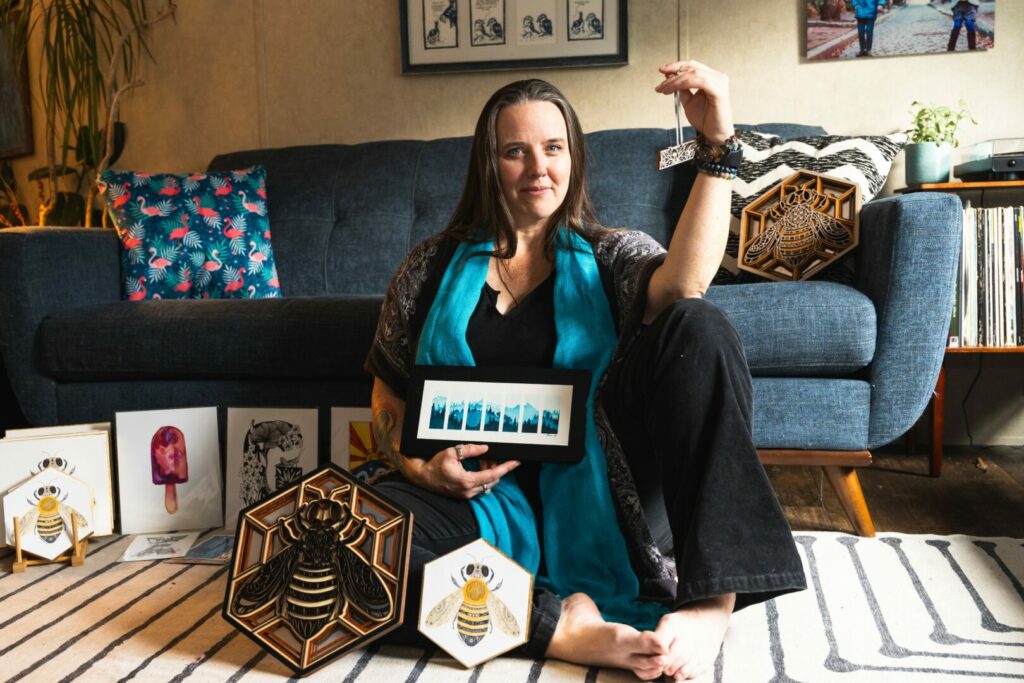
I’m not sure if anyone, especially in the arts, ever truly overcomes imposter syndrome; but I’ve learned to give it some serious side-eye and a raised eyebrow when it starts skulking around. I think one of the biggest factors in gaining that perspective has been to meet regularly and share work with a group of trusted peers. Not only do our weekly meetups keep me accountable to the goals I’ve set for myself, but I trust them to tell me when what I’m doing isn’t working as well as it could. They are also my biggest cheerleaders, and amplify my successes! They are absolutely invaluable to my practice and my confidence — we’ve been meeting weekly for almost 4 years now. Read more>>
Laura Thorne
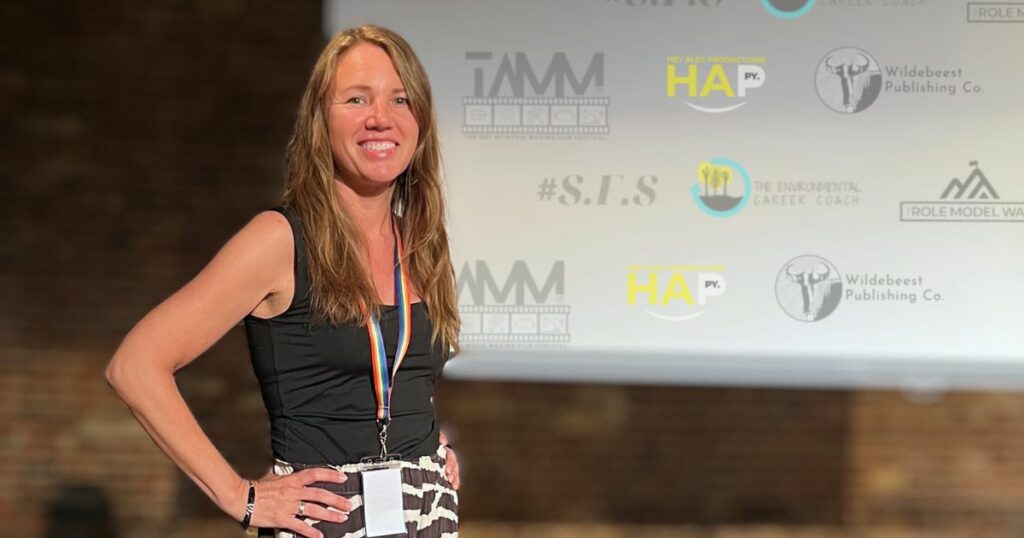
I don’t think you ever truly get over imposter syndrome, you just learn to manage the little voice that represents your self-doubts. When you constantly push boundaries imposter syndrome follows you. I think what helps me is just understanding that the little voice is just trying to protect you from failing, from embarrassment, form not fitting in. Once you recognize that this is just a deep seated survival mechanism, it’s easier to tell it to hush and take a back seat while you continue to push boundaries and accept the risks that come with that. Read more>>
Jenna Nord
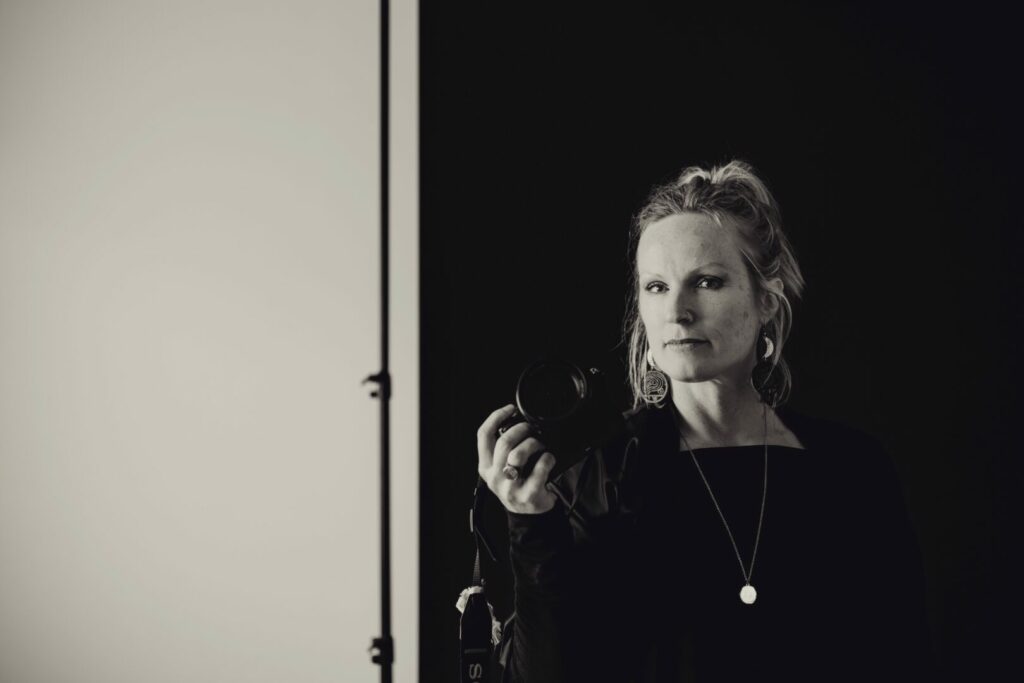
Overcoming imposter syndrome has been a journey of turning inward and reconnecting with the core of why I create. My art is an extension of my heart, intuition, and sensually creative primal origin—a raw and authentic expression of who I am. When the noise of the world becomes too overwhelming or comparison creeps in, I intentionally shut it out. I remind myself that my work is not about measuring up to anyone else but about creating from a deeply personal and unique space. This practice of grounding in my truth helps me quiet the self-doubt that comparison often amplifies. Read more>>
Dena Selert
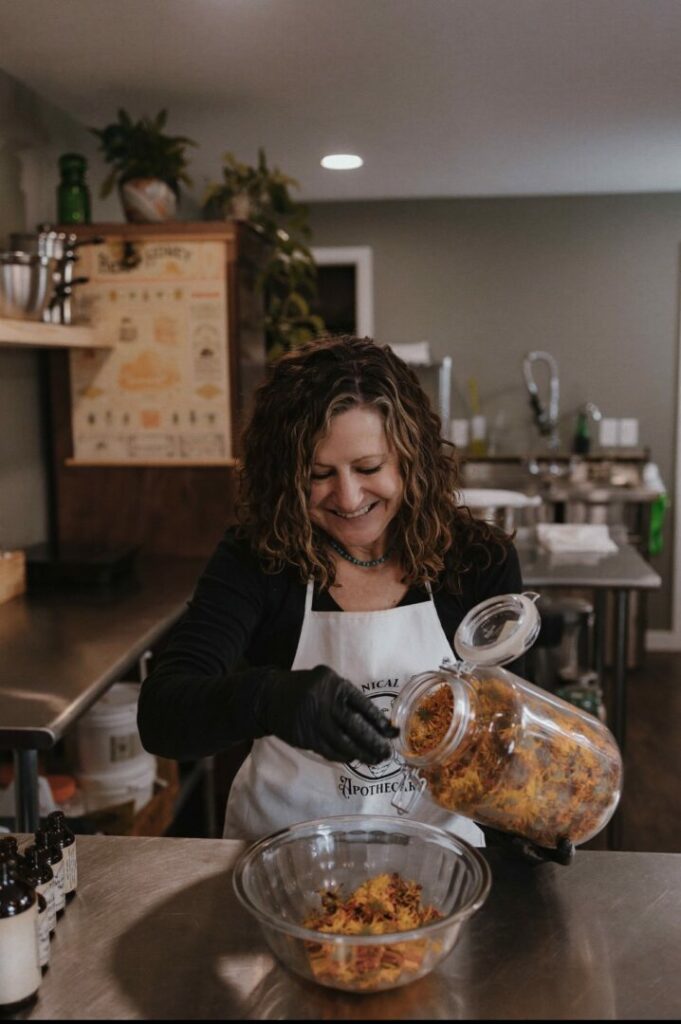
Overcome? I struggle with it every day. Twenty years ago I started researching and making natural remedies for my daughter’s chronic cystic acne because I was mortified by the ingredients in what her doctors were prescribing. That led me down an equally mortifying but edifying analysis of the ingredients of the most common products people buy to moisturize and replenish their skin. I began studying ancient herbal remedies and started making truly natural skincare treatments for myself and my friends. Despite the overwhelmingly positive feedback, I always harbored doubt as to whether what I was doing was right because it was against conventional wisdom. I started my company anyway and obtained my certification in medicinal herbs from Cornell, which gave me even more confidence. Read more>>
Christine Le

Throughout my career in marketing, I have dealt with imposter syndrome because I don’t have a formal education in marketing. I realistically took one marketing course during my senior year of undergrad for my Bachelor of Science in Managerial Economics. However, that one course changed the trajectory of my life—it’s the reason why I pursued this journey. Read more>>
Gabriel Gonzalez
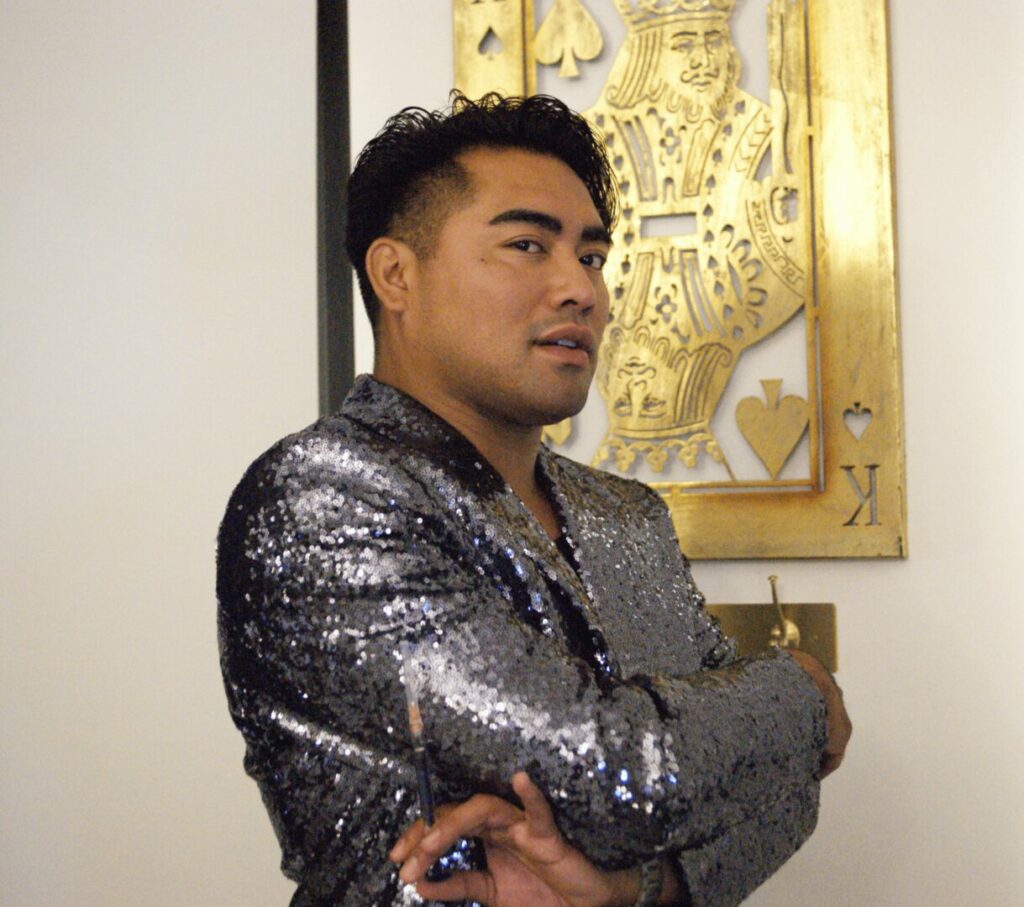
Imposter syndrome is a real thing. When I first heard the term, I was confused, but I quickly realized how relevant it was in my life. Working in a highly competitive industry, it’s easy to doubt yourself and your abilities. When I first started injecting, I was overwhelmed by feelings of self-doubt, questioning if I was capable of success. However, I learned that believing in yourself is essential. Confidence is not the same as arrogance—there’s nothing wrong with trusting in your skills, as long as you don’t diminish others in the process. Read more>>
Steve Grobschmidt

Whenever I started feeling like an imposter or convince myself that I’m a fraud and people are going to “figure me out”, I remember what a therapist once told me about those feelings — they are just thoughts. When you make up a thought and then spiral from it, remember the original thought isn’t real. You made it up. So every dot you connect from it is also made up. Read more>>
Porsha Henderson
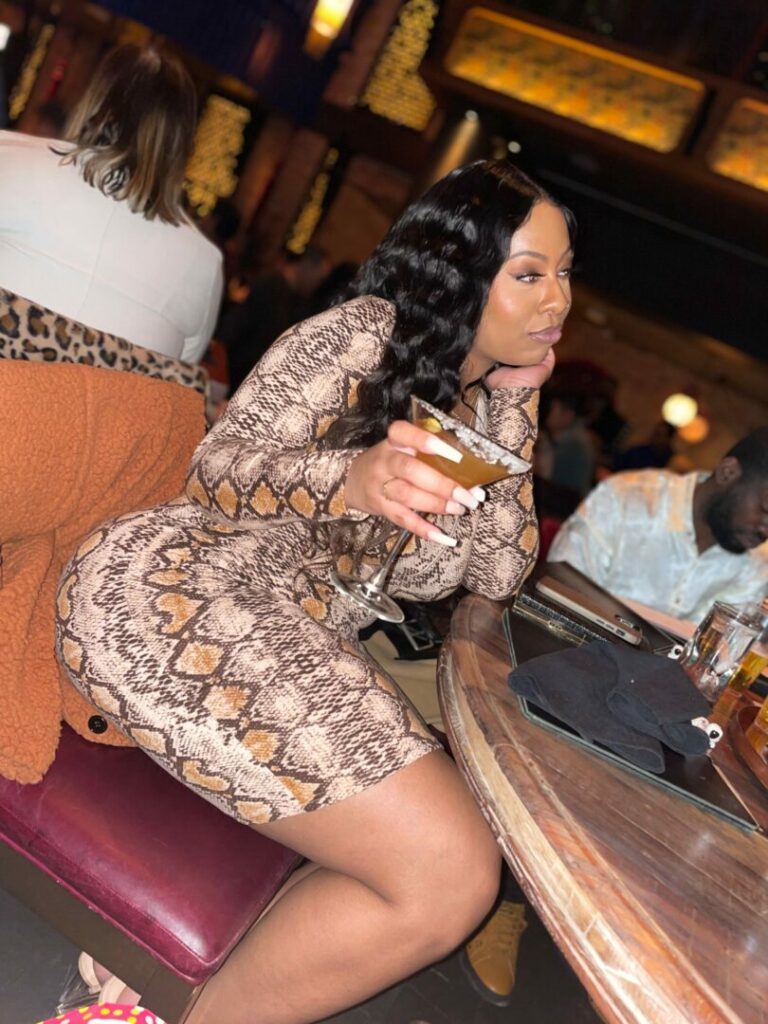
For me, overcoming imposter syndrome has been all about realizing that my journey is mine and that’s what makes it special. I used to compare myself to everyone else, thinking I wasn’t doing enough or didn’t belong in certain spaces. But then I had to step back and remind myself: I’ve worked hard to get here, and the things I bring to the table whether it’s my creativity, my energy, or my skills are what set me apart. Nobody else has my exact story, and that’s my power. Read more>>
Helena Quesada

It’s still a work in progress, but I think it just comes along with doing something new. It’s definitely been a journey, but what’s helped me the most is just pushing through- even when sales are slow- and staying true to my brand and heritage. I stopped comparing myself to others and started focusing on what makes ‘Hell Yeah Helena’ unique, like mixing Caribbean flavors and sharing my story in Spanglish. Celebrating the small wins and leaning on my community’s support has really reminded me that I belong here and I’ve got something special to offer. Read more>>
Rev. Craig Schwalenberg

I love how the question assumes I have overcome the imposter syndrome. I think everyone experiences this to some level, and that it isn’t necessarily a bad thing. There are times when I don’t feel like I’m in over my head, when I don’t feel a bit of uncertainty just waiting to become full-blown panic, when I’m not worried people will realize I have no idea what I’m doing. Those times are usually when I’m in the middle of doing my thing– whatever that current “thing” is. Those times are often after I’ve finished leading a worship service, officiating a rite of passage, completed a presentation / workshop, or packed up an intense role-playing game session. When I’m doing it–I’m in the moment and it feels like an amazing ride. When I’m finished, I’m usually thinking of what I could have done better or smiling at meaningful interactions. Read more>>
Regina Collins
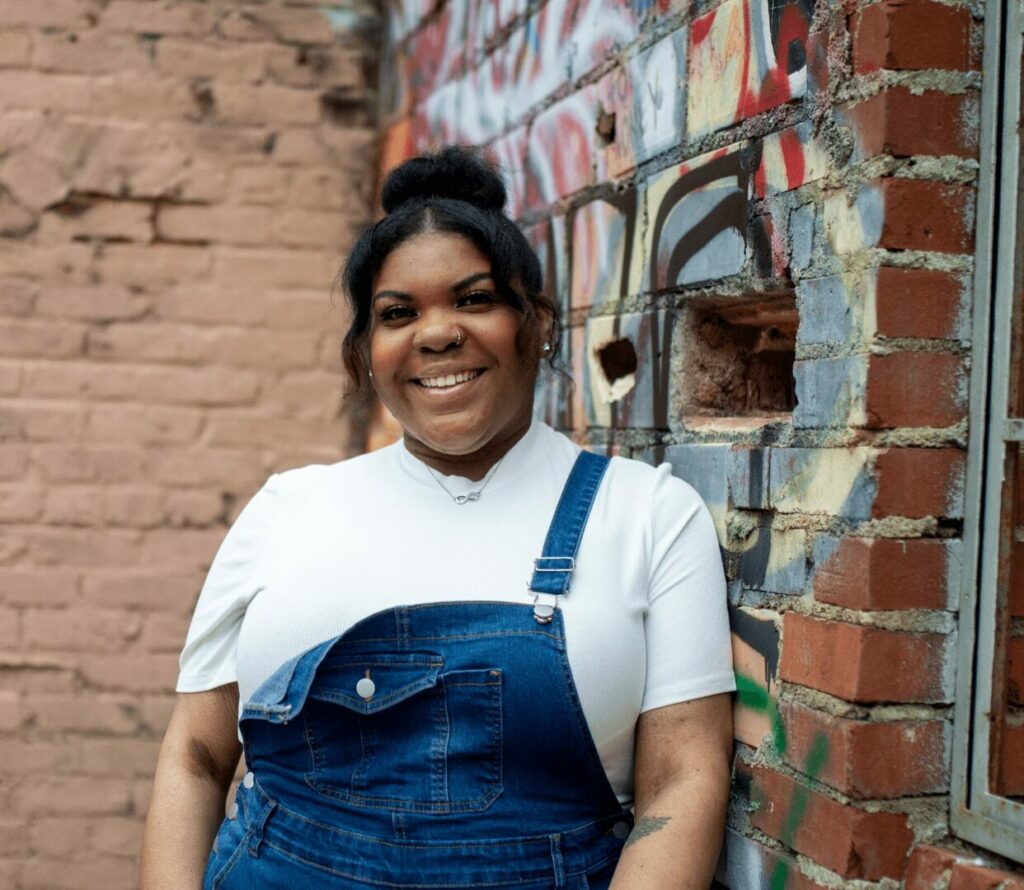
Oh wow! Imposter Syndrome is so real! I used to hear about it before actually becoming a business owner myself, but never experienced it. But once I started interacting with other business owners, especially in the same field as me, I definitely started feeling it. I first had to keep reminding myself that if this wasn’t meant for me, I wouldn’t have made it as far as I have. Then I also had to remind myself that not everyone is at the same level. Some of these designers have been in the game YEARS before I even thought about becoming one. So instead of thinking “oh wow they’re so much better than me & is my work even worth it?”, I look at it as inspiration. “One day I’ll be just as good as they are”. I stopped comparing myself to them and started using them as motivation to work hard to get to that level that they’re on. Read more>>
Charisse Brent
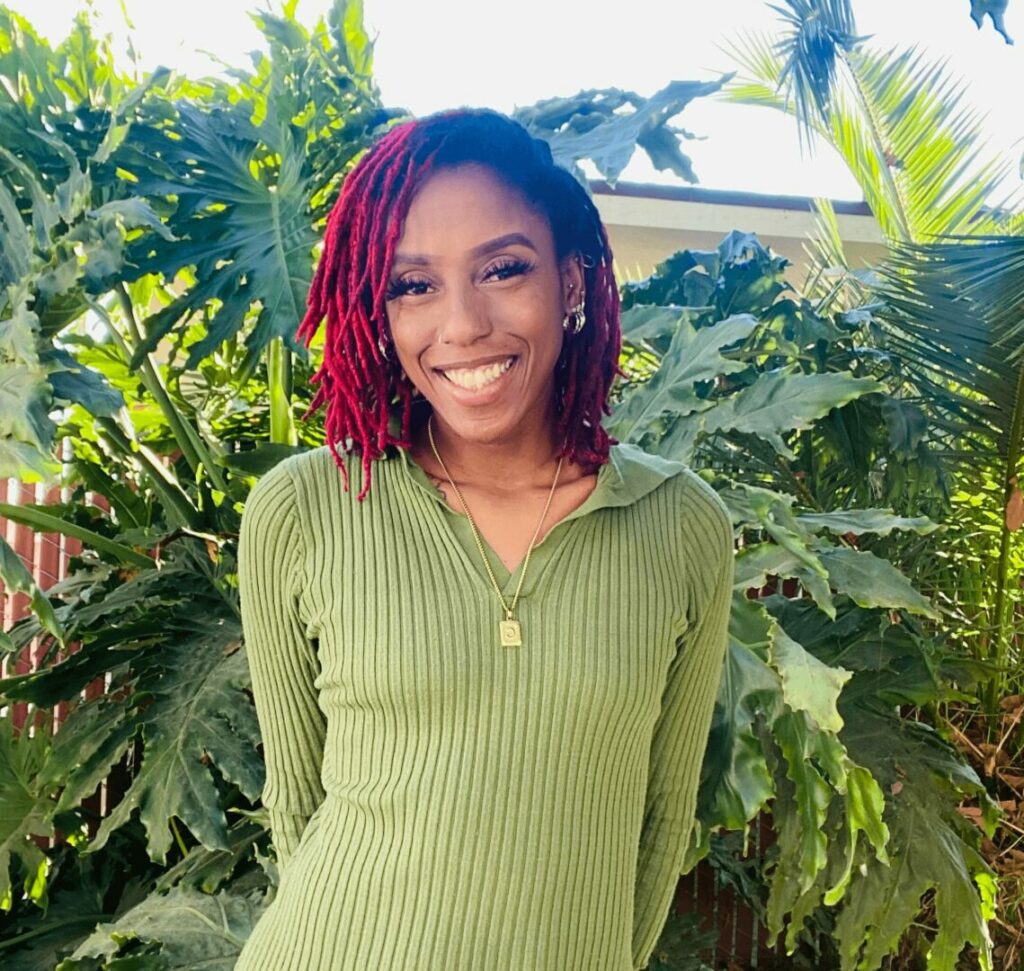
Let me start by saying that overcoming imposter syndrome is an ongoing journey. I believe the strategy that I’ve cultivated, and practice daily is where ‘overcoming’ the syndrome lies. What does it mean? How does it manifest in my life? When do I feel it? Why do I feel it? Often these questions are easier said and written, then actually answered. But to answer – is the healing, in answering is the freedom, the authenticity, the sense of worth, value, and most of all sense of self. The first step was acknowledging that I indeed was feeling out of place and like a fraud in spaces I clearly worked hard and deserved to be in. When we grow up and begin to navigate life, we start to experience the eb and flow in our identity, skills, abilities, characteristics, beliefs and emotions, right? Read more>>
Macy Burkett
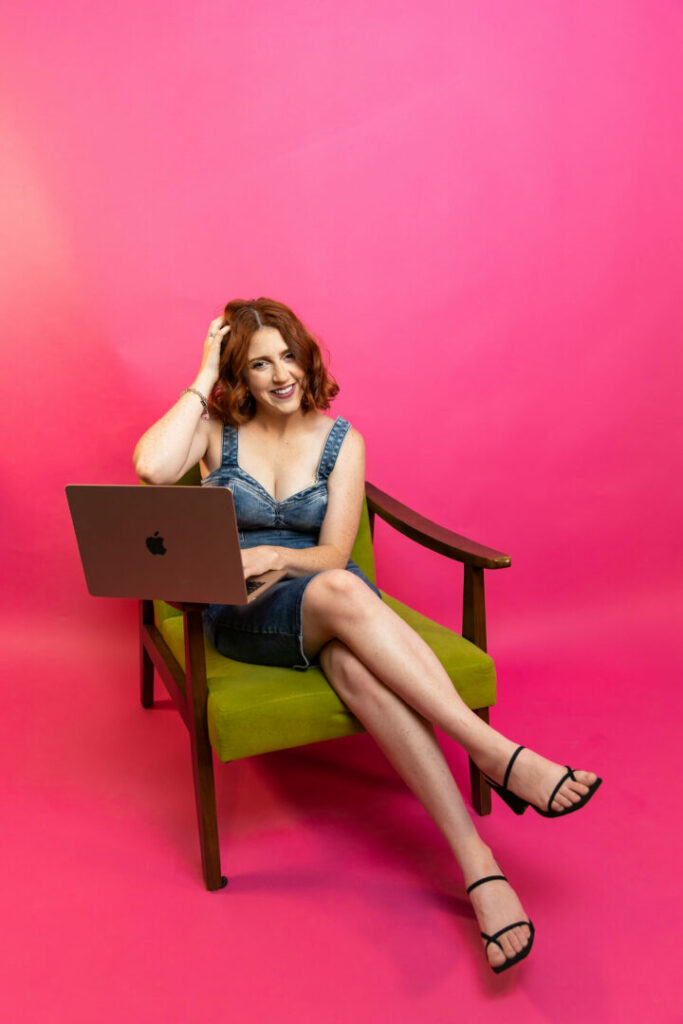
While imposter syndrome is an ongoing battle, I’m always working on being confident in my own skills as a writer and a researcher. In my field of academia, it is difficult to avoid comparing myself to my colleagues who are conducting cutting-edge research in various fields. However, I must acknowledge that my research is also very important. I study social media content creators’ persuasive communication online and how the creators’ gender, racial, and sexual identities influence their persuasive messaging. In the wake of the 2024 US Presidential election, I feel that my work is more important than ever. I hope that my research will continue to shine a light on the gender, racial, and sexual inequities that exist in the digital space so that social media can become a more inclusive space for everyone. Read more>>
Adriana Mejía
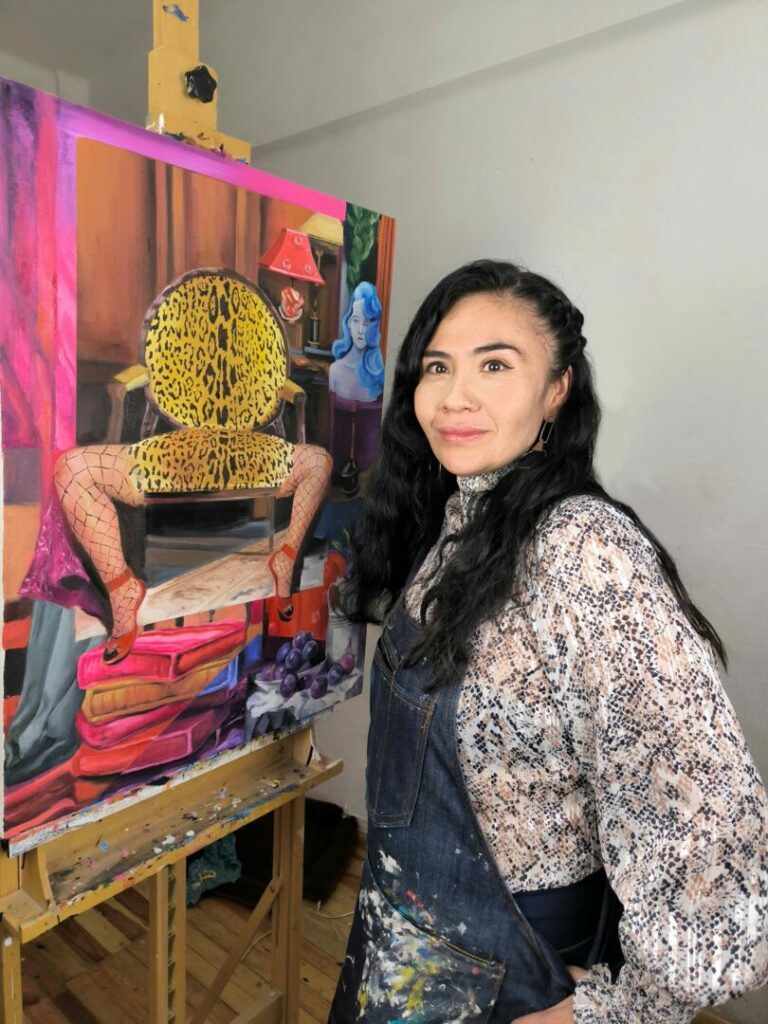
I don’t believe I have completely overcome imposter syndrome. When I face a difficulty in my professional or personal life, negative thoughts arise, focusing on my failures and shortcomings. To get out of this mental state, I do a memory exercise, recalling the achievements I’ve made—positive feedback about my artistic work, compliments from friends and colleagues. I also tend to talk to myself out loud, reminding myself that life is a learning process, that I am not perfect, and that I need to approach things like I do when I paint, where there is no end, only an infinite game of possibilities. Read more>>
Tawny Nalley
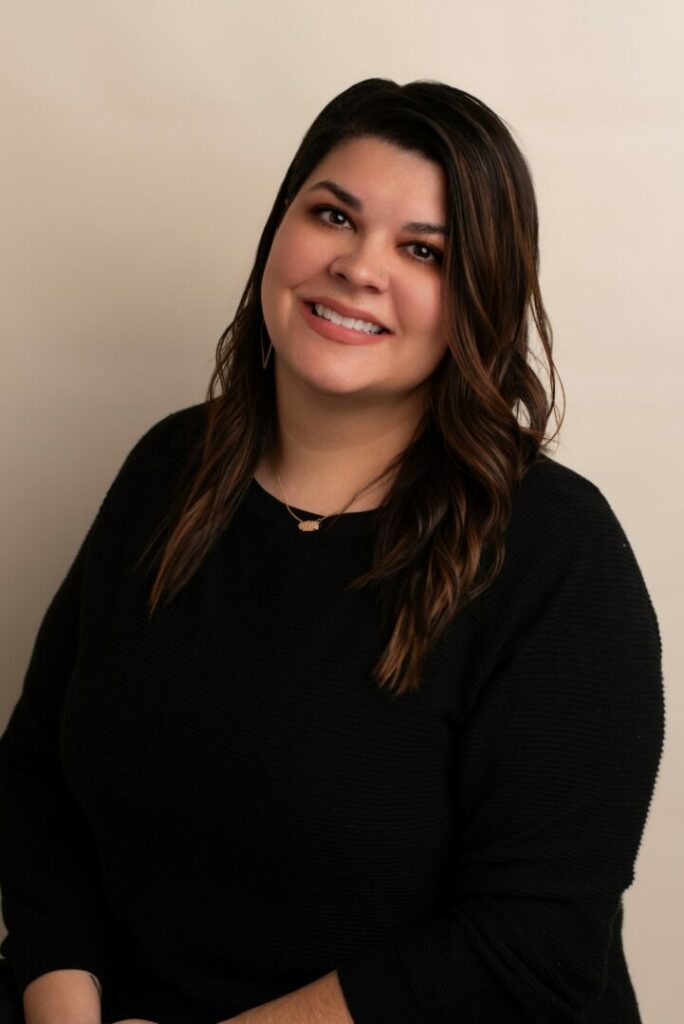
Overcoming imposter syndrome is definitely a journey for me, one that I am still currently on and I think I will be on throughout my career. When I first started my photography business, especially in a competitive field like photography, and then advancing that into newborn photography. I often felt like I wasn’t good enough. I’d compare myself to more established photographers, and that comparison would lead to self-doubt. Read more>>
Levi Linton
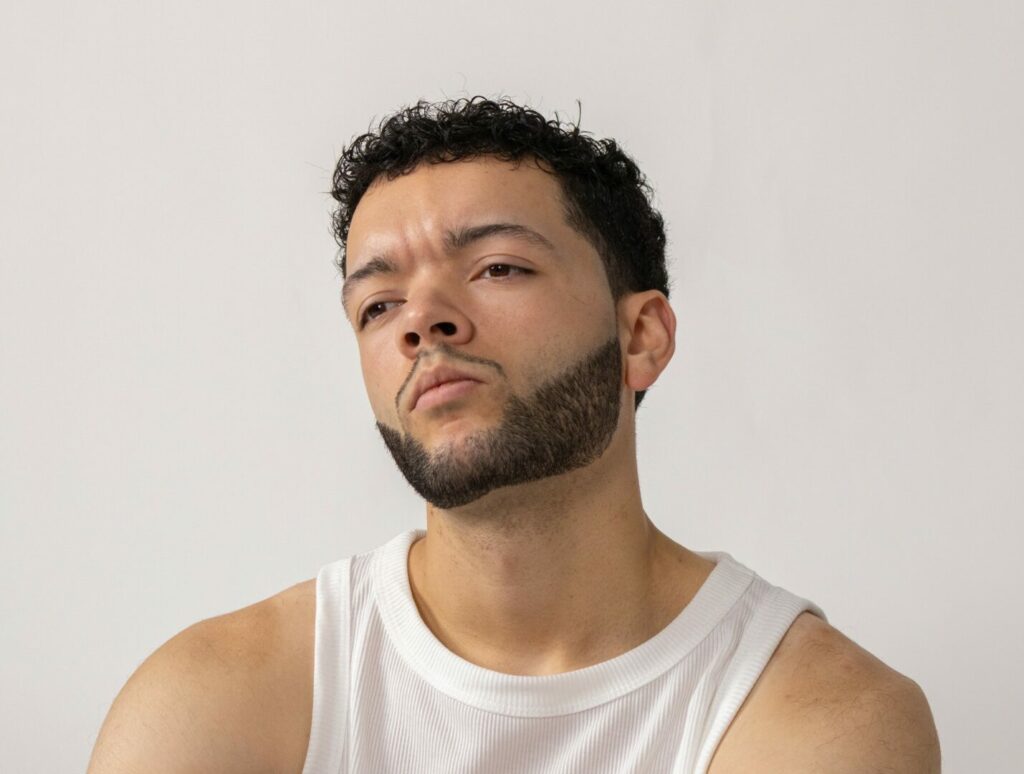
Never be afraid to tackle a challenge head-on or accept an opportunity—even if you don’t feel fully qualified. Let’s face it: nobody is perfect in their role. We’re all learning and growing, and each opportunity is a chance to improve or discover if a field is truly for you. My background in multiple creative disciplines since high school led me to explore work in photography and graphic design, even though my primary focus was audio production. Overcoming imposter syndrome starts with changing your mindset—accepting that it’s okay to make mistakes if it leads to personal growth and self-care. Read more>>
Latisha (tisha) Wells

How I overcame Imposter Syndrome, I had realized that I first was a daughter of the king, and realizing that he independently and uniquely made me different from everyone else. It was brought to my attention that I was gifted and talented like those that I admired, and just like them I could flourish as well. . Overcoming Imposter Syndrome was difficult for me in the beginning of my career, and becoming an entrepreneur. I’d always thought to myself, that if I was to act like this person and copy their style, I would then become who they are. Believe me when I say, the conviction was never friendly and was very reassuring of this mistake that I purposely wanted to make. I’ve always thought that I didn’t have anything to contribute, and it would be easy to copy someone else, and not go through the hassle of having to think for myself. Read more>>
Laisha Martinez

Imposter syndrome is something I still wrestle with today, though it’s become more manageable over the past three years since I began my journey as a content creator. When I first started, it felt overwhelming. The self-doubt, fear of failure, constant comparison, and tendency to downplay my successes were some of the hardest aspects to navigate. Read more>>
Tommy Stockstill
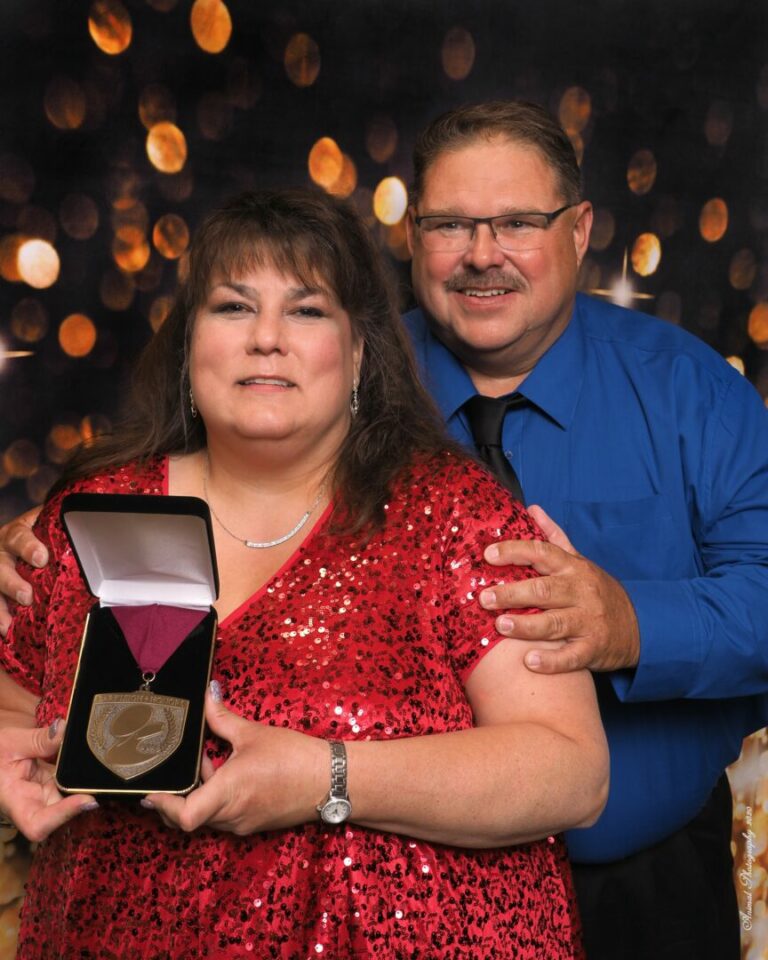
When I started this venture, I was terrified of failure, of losing the money we had saved over years, of wasting my family’s time, of looking like a fool. I was also afraid of being the person who had a good idea and blew it, and afraid it would just be another business that failed because of poor management or because I was foolish enough to think my ideas and inventions had any value at all. All of these things lived rent-free in my head for six out of seven days a week, but on that one day, I would force myself to look at this venture with someone else’s eyes, eyes who loved me but weren’t just trying to say things to make me feel good. Read more>>
Kaila Lessier

Overcoming imposter syndrome has been one of the most personal and difficult battles in my journey, and there have been countless moments when I questioned what I was doing, where I was headed, and what my true end goal was. I found myself doubting my abilities, even when others believed in me, and it was a heavy feeling that kept me from fully embracing my progress and achievements. Read more>>
Monet Foxx
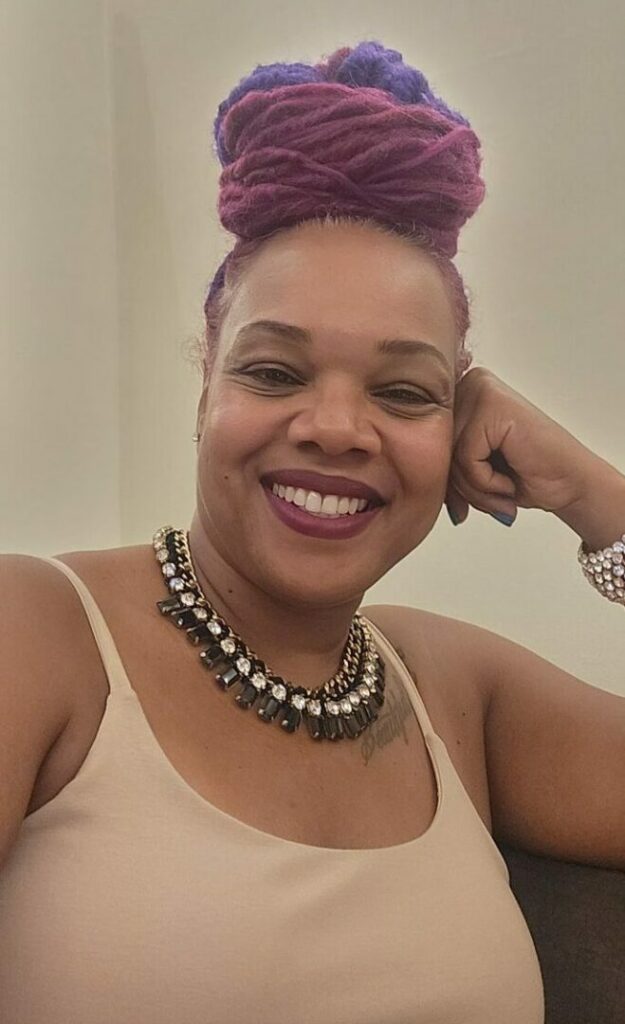
As far back as I can remember, I was a people pleaser. I wanted to make sure everyone was laughing, felt comfortable, and that they liked me. It was a nagging responsibility that I gave to myself, likely because I did not feel supported or ‘seen’ within my own family. I had gone through most of my adult life trying to accommodate others while I was never really satisfied with myself. Although I have always had an ambitious spirit, I lacked clarity and discipline. I never understood how to be fully committed because this was not taught in my home. As a teenager, I was made to feel weird and out of place because of my natural curiosity coupled with the fact that most of my interests were not topics that were taught in the Bible. Read more>>
Ama Diya Dannu
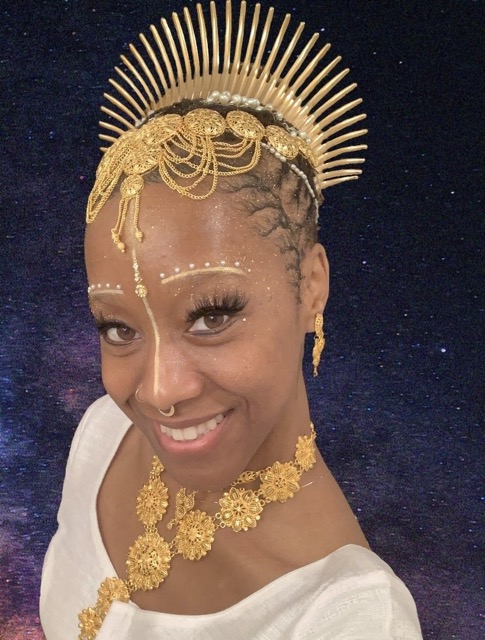
I was raised on ancestral dream knowledge and remained connected to my ancestral lineages, standing on a firm and stable foundation of identity and purpose. However, even though I grew up in a matriarchal tradition within a patriarchal society, I found myself at times questioning if the knowledge that was passed on to me, and if my intuition, was valid. Are these valid sources of knowledge? According to the Eurocentric worldview (especially colonialism), dreams are not a place to look for valid knowledge. They are only useful for assisting the dreamer in working on their own individual psychological issues. Intuition was/is relegated to gut feeling and overlooked as a pathway to deepening one’s relationship to dream knowledge and alternative ways of knowing. Read more>>
George Nolan
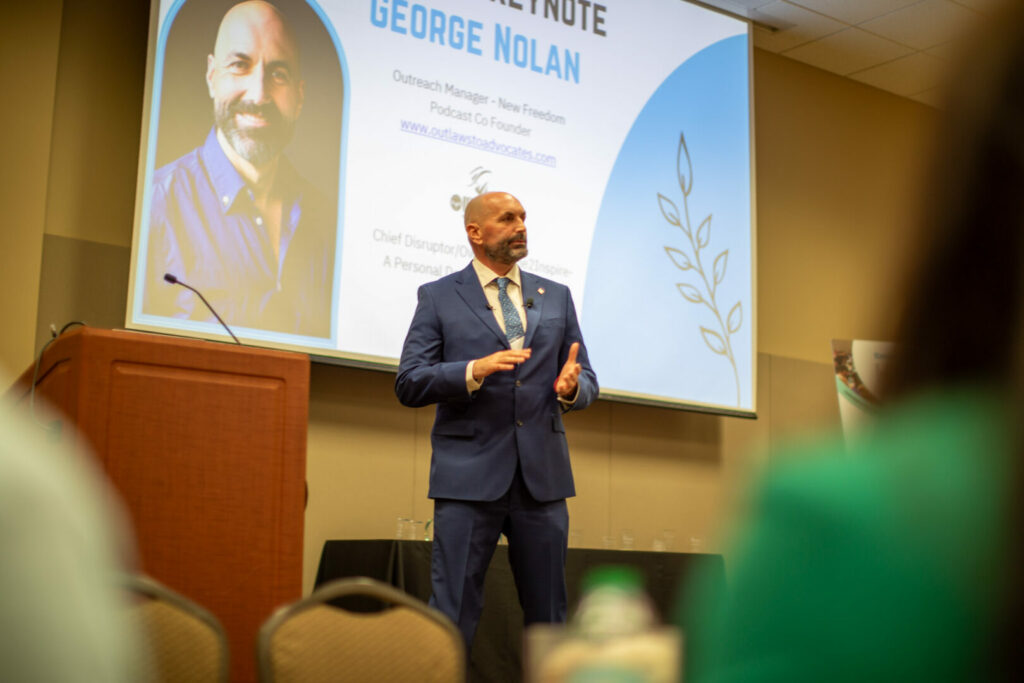
Overcoming imposter syndrome was a journey of embracing my unique story and focusing on the impact I bring to others. As a U.S. Marine and someone who navigated 17 years of incarceration, I realized my history didn’t define my future—it shaped my resilience. Through my work with Refine2Inspire and Persevere, I’ve helped others unlock their potential, which reinforced my own sense of purpose. Read more>>
Nia Williams
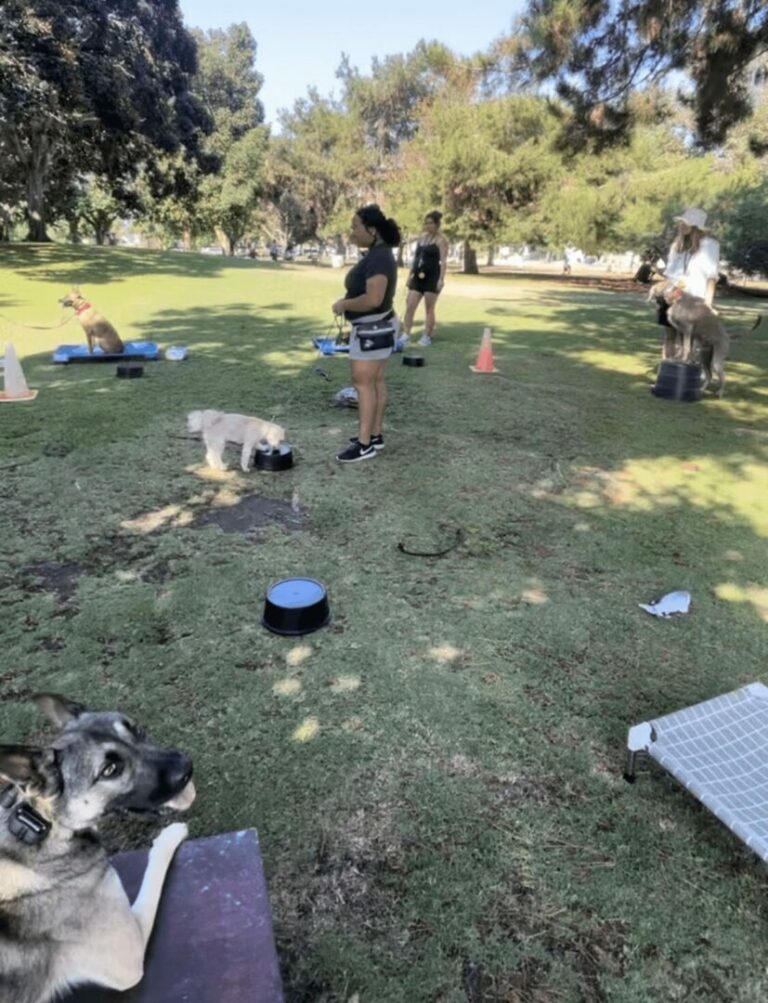
Imposter syndrome is something I’ve struggled with throughout my educational and professional life over many years. I vivdly remember starting my Master’s program and thinking I didn’t belong, especially being one of the only Black people in the room. With starting my own business, I often questioned (and sometimes still do) if I’m good enough or worthy enough to educate others on how to establish the best relationship with their dogs. Read more>>
Taylor Miley
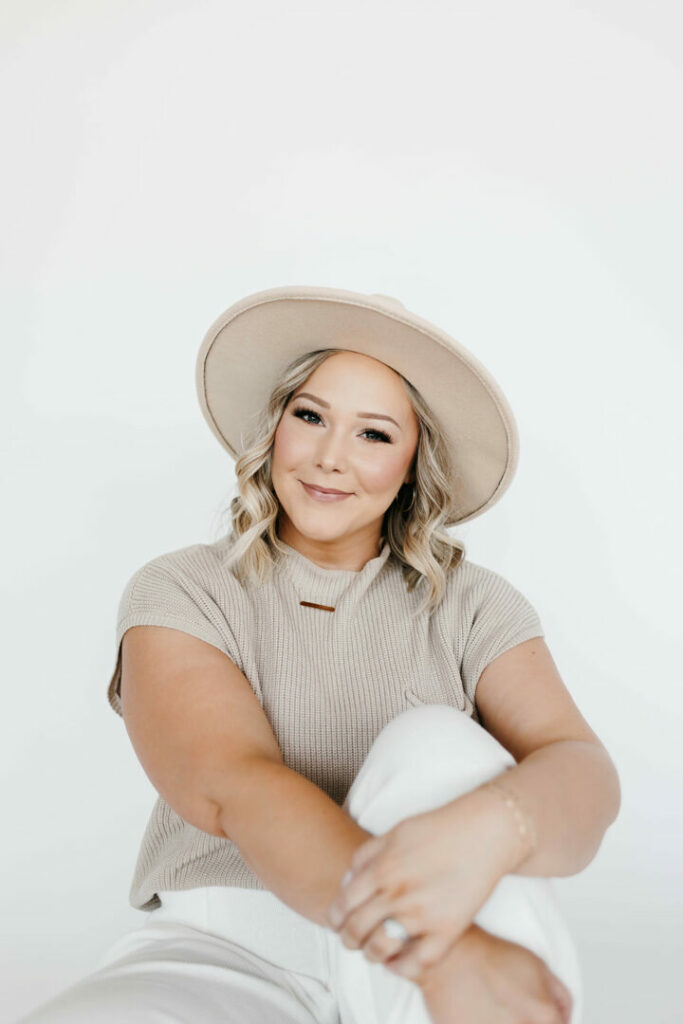
Working in the bridal makeup artistry field, there’s a lot of other talented artists. With social media and seeing everyone’s highlights and how they’re killing it, it can make it hard to not fall victim to imposter syndrome. I overcome imposter syndrome by choosing to focus on myself. I can see other artists work and let it inspire me, but one day I realized their talent doesn’t take away from my own. Whenever I feel like imposter syndrome is creeping in, I always go back and read reviews of my past clients.. Their raving reviews including such kind words of their experience with me as their makeup artist and how much I made them feel beautiful is super powerful in helping me see my own value and what I bring to the table. Read more>>
Molly Thomas
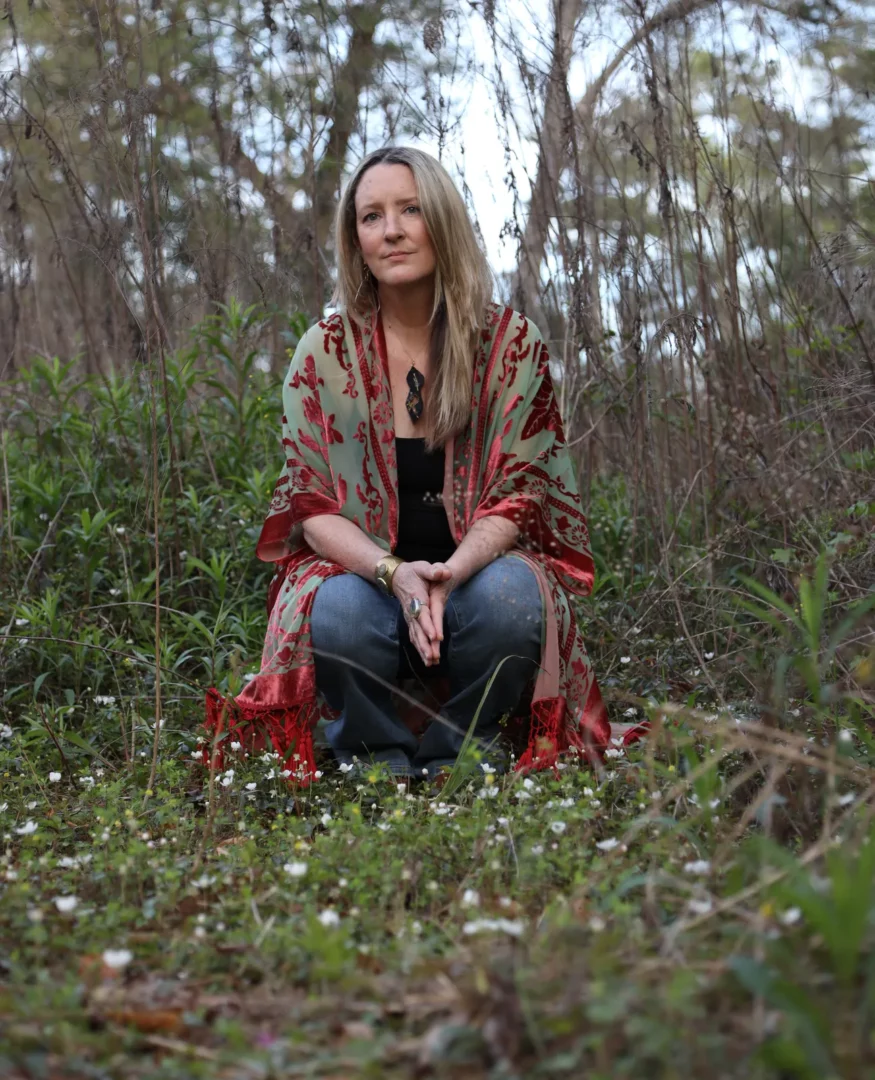
The task of overcoming imposter syndrome, in my opinion, is closely tied to finding one’s purpose. In my own case, without the difficulties of dealing with imposter syndrome, I may not have come to know my purpose, even though it lay deeply within me even as a child. Years before my father died, he described me as a late bloomer. I remember that day vividly, thinking to myself, “Oh, good! That gives me some time to figure things out, and I have his permission.” What followed was a long road of dealing with my world of self doubt versus my deep connection with music. Read more>>
Matt Sternberg
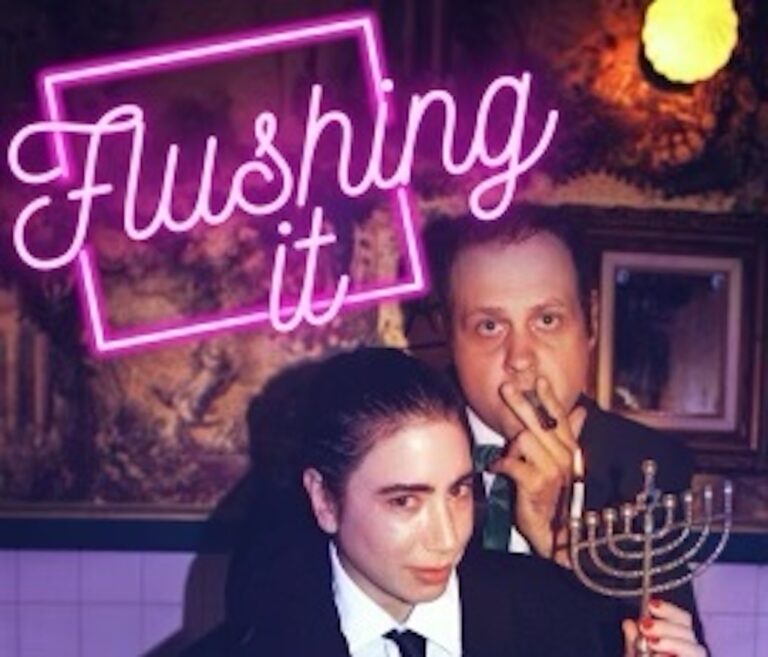
To be one hundred percent honest I haven’t fully over come my imposter syndrome. There is a lot of self doubt that fills me up whenever I’ve decided to do any sort of creative project that I birth from an Idea. It’s the stress of thinking about everything I have to get ready and people I have to organize and everything else that goes along with producing a stage production or filming anything. On the streaming show FLUSHING IT that I produce, write, and star in I wear many hats. The stress of having to do so many roles feeds the anxiety monster and you can absolutely spiral. But, I have learned to counter balance and tame the monster by naming it (I name my anxiety Sheila….she’s a bitch). Whenever her or imposter syndrome tell me I’m not good enough, I generally tell her or the syndrome to F off. Read more>>
Aidi Riera
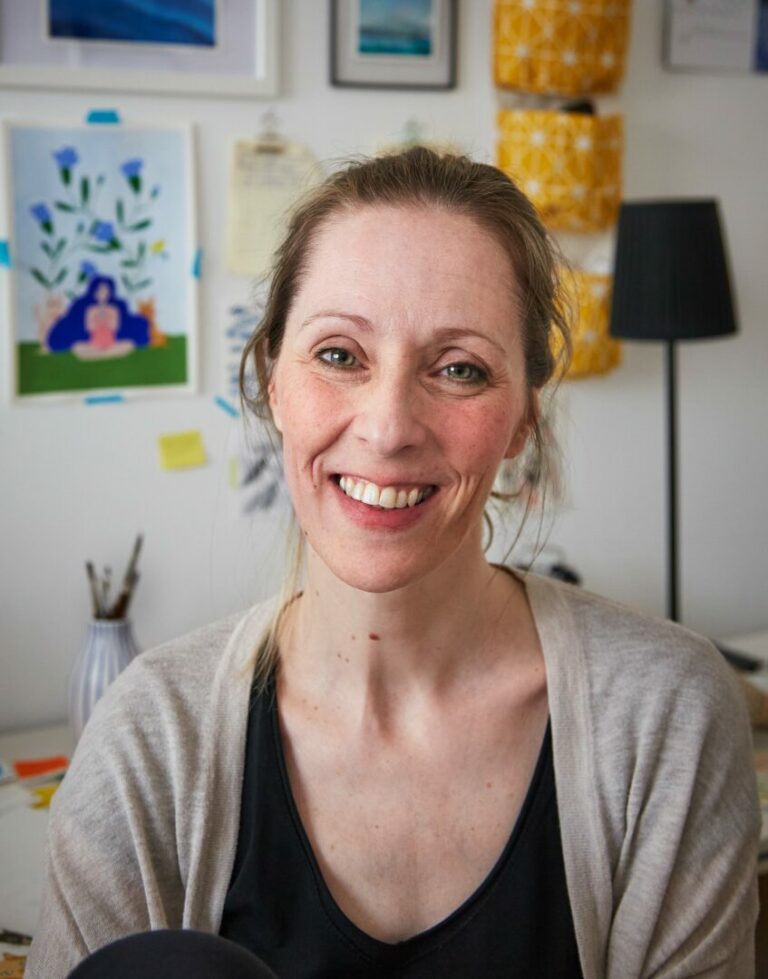
I have often dealt with imposter syndrome in my life. I don’t live in this state all the time, although it never goes away completely, there are times when it feels more present. There are moments when it seems to scream, “You are a fraud, and one day everything will be revealed.” And you start to believe that you are a fraud. You belittle your achievements and minimize your victories. You attribute them to luck, a mistake, the benevolence of others—any excuse except your own abilities. It’s difficult to internalize your accomplishments, to truly savor them. They even leave a bitter taste, not bittersweet, just bitter. Read more>>
Brittany Mustybrook
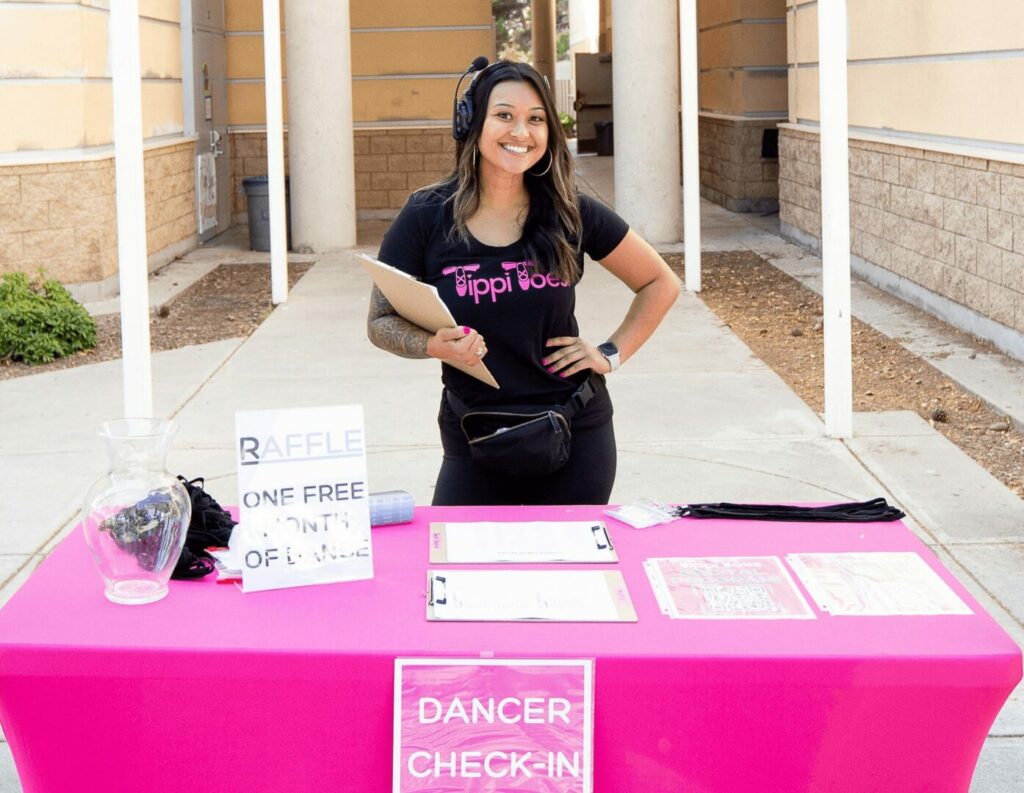
When I first transitioned from my 11 years in the military to civilian life, the shift was both exhilarating and daunting. In the Army, I knew my role. As a Communications Officer, I was responsible for leading teams, managing complex operations, and navigating high-stakes environments. But stepping into the civilian world, especially as the owner of a dance franchise, brought with it a new kind of uncertainty—a question I couldn’t shake: Was I ready for this? Read more>>
Tina Moghaddam
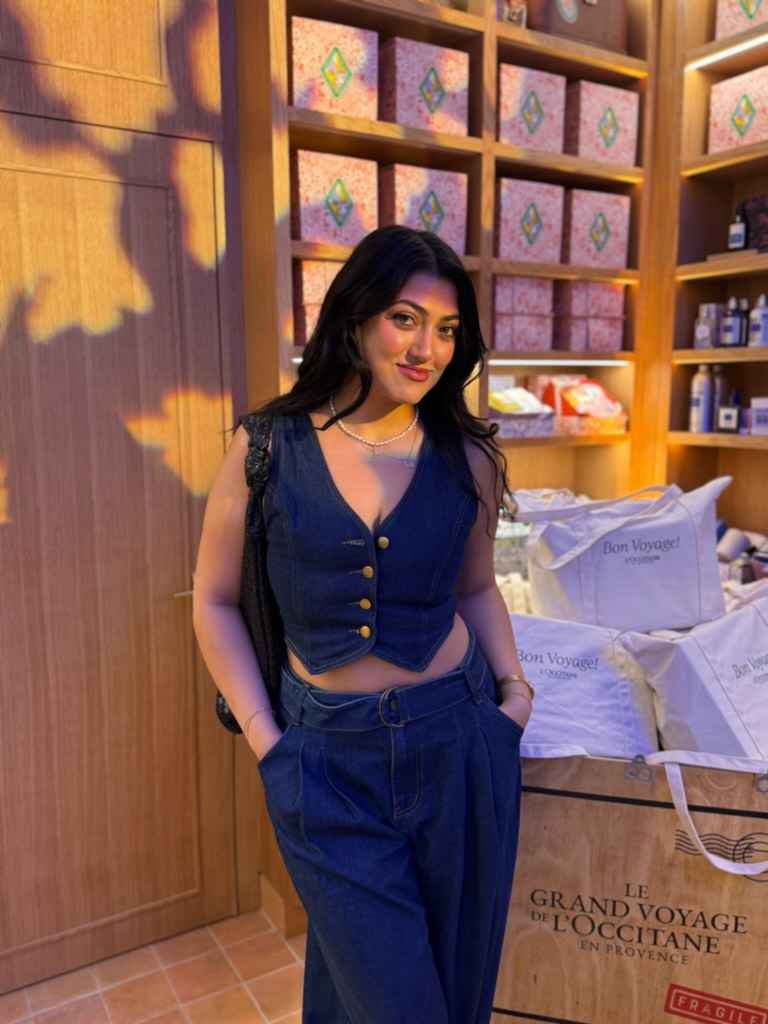
I overcome imposter syndrome by reminding myself that I deserve to be where I am because of my hard work and the trust others have placed in me. As a full-time content creator, it can be challenging not to question your worth or feel like you’re not enough. However, a crucial mindset shift is recognizing that you are in the spaces and opportunities you’ve earned because of your unique talent and dedication. Self-doubt is merely a limiting belief, and it doesn’t define your potential. Read more>>
Karen Moreland
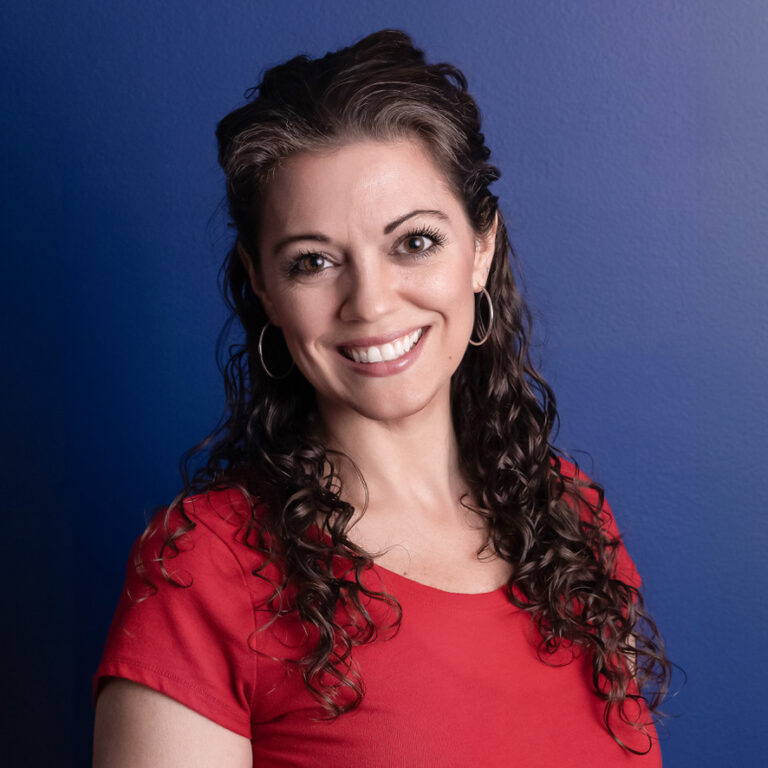
In a world of digital photography where everyone is reaching for the fastest and cheapest images, for a photography business owner, that business model is a race to the bottom. Competing in an oversaturated market of digital-only photographers soon leads to burn out, and under the guise of “helping people”. But at the end of the day, the only person really truly needing help, was me. Read more>>
Payal Dhanda

Growing up, I was the shyest kid in the room. I was raised by a single mom in a small town in India after my father passed away when I was four. Life was quiet—my mom worked long hours, and I spent most of my time alone at home. Back then, I thought my silence was just who I was, but now I realize I was holding back to avoid burdening my mom, who already had so much on her plate. Read more>>

